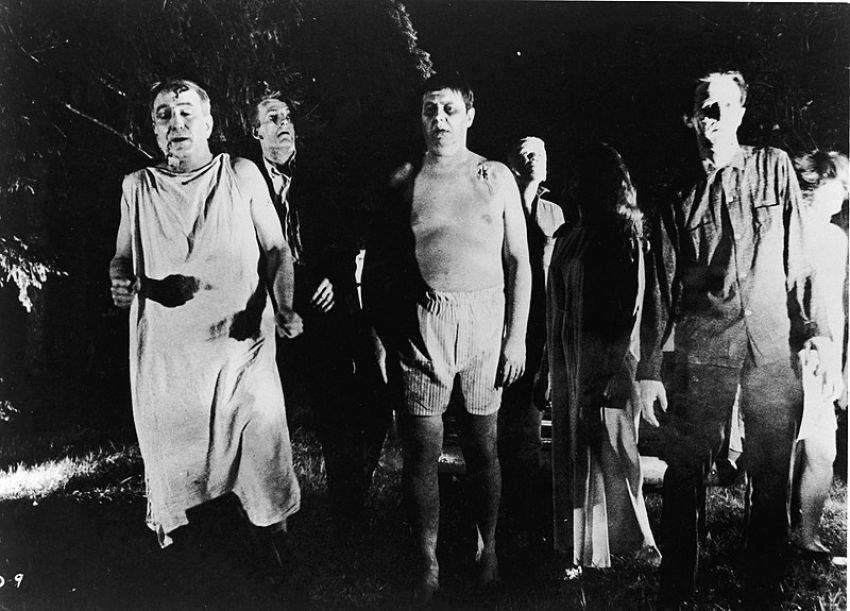
Marxist theorist Clara Zetkin observed something very odd in 1896: that what were once secure and respectable professions were no longer so.
“Capitalism,” she wrote, “needs the intelligent and scientifically trained work force. It therefore favoured an overproduction of mental-work proletarians and contributed to the phenomenon that the formerly respected and profitable societal positions of members of the professional class are more and more eroding.”
Zetkin’s mental-work proletarians working or studying at a university today know the truth of this statement.
International students pay exorbitant fees for an increasingly subquality education and PhDs are churned out by the university with little to no hope of the student gaining secure employment.
Academia, once viewed as an ivory tower, is now anaemic; hollowed rather than hallowed. It has become a neoliberal shell of its former self.
Yet, university education is a lucrative sector: it is the country’s fourth largest export, even during COVID-19. But this is a double-edged sword as universities need armies of underpaid casuals to populate their ranks and compete for whatever pedagogical scraps they can.
Neoliberalism and marketisation has turned universities into “hungry” institutions that act like zombies: consuming brains for profit rather than enriching minds.
In zombie universities we find not just the walking dead but the teaching dead. In one notable case in Montreal this year, a course was literally taught by a deceased professor — students who had been watching the lectures online were disturbed to discover that their professor had died in 2019.
Meanwhile departments are wiped out amid voluntary redundancy packages, restructuring, faculty amalgamations and school closures.
Like a George A Romero zombie flick, survivors are hauled up in a veritable shopping centre, battling with zombie management. After all, the university is now no less consumerist than a mall.
Zetkin’s remarks are more relevant than they have ever been. But she was also elaborating a point Marx had already made in The Communist Manifesto. According to Marx, academics, lawyers and doctors were increasingly joining the ranks of the proletariat:
“The bourgeoisie has stripped of its halo every occupation hitherto honoured and looked up to with reverent awe. It has converted the physician, the lawyer, the priest, the poet, the man of science, into its paid wage labourers.”
Marx’s statement remains significant for academics today.
Just because lecturers are educated and sometimes come from privileged backgrounds (though not necessarily), does not preclude them from being exploited workers.
Casuals are indeed paid wage labourers — when they get paid, that is.
The University of Sydney Casuals Network and the National Tertiary Education Union (NTEU) Sydney Branch released a report in May on wage theft. The Tip of the Iceberg found that 90% of participants performed unpaid work during Semester 2 in 2020.
They calculated that the mean underpayment was $4,130 per person. The report claimed that one participant was owed a whopping $19,065 in stolen wages.
The University of Sydney, where I currently work rather precariously, has recently added insult to injury. Management sent emails to 4000 casuals in September informing us that our eligibility for conversion to permanent employment had been assessed and rejected.
One can’t help but remember Franz Kafka’s notion that there is hope, just not for us. In his novel The Trial, there is a parable where the gatekeeper tells a traveller that there is an entry designed just for him, but he cannot be permitted to go through it.
This is the life of a casual lecturer and tutor.
It is doubtful that the collected works of Kafka were intended as a manual and yet that seems to be exactly how management has read them.
Sadly, the University of Sydney is not an outlier. Recently, Monash University has confessed to wage theft worth millions of dollars.
For university teachers and professional staff, higher degrees are no defence against being ruthlessly exploited.
A factory ethos seems to pervade academia. As Marxist theorist Mario Tronti observed in the 1960s, “When the whole of society is reduced to the factory, the factory — as such — appears to disappear”.
Under COVID-19 lockdowns, universities have chosen to accelerate factory-style exploitation, epitomising what Naomi Klein famously described as “disaster capitalism”. As Klein noted in 2004: “Disasters have become the preferred moments for advancing a vision of a ruthlessly divided world, one in which the very idea of a public sphere has no place at all”.
Contrast reports of wage theft with the wages of University vice chancellors. As Julie Rowlands and Rebecca Boden report in The Conversation, vice chancellors’ average pay at public universities was more than $1 million in 2019, while those at Group of Eight universities were paid more than $1.2 million on average.
This underscores how “ruthlessly divided” the world of the university has become. As the media starts to report the obscene salaries that vice chancellors make alongside record job losses and more jobs to be axed, the public are starting to learn just how absurd it is to run universities as corporations.
The good news is that university workers have the same abilities to take action as factory workers. They can rally together, join their union, establish collectives and fight back. And that’s what they are doing.
[Aleks Wansbrough is author of Capitalism and the Enchanted Screen and is a casual lecturer at Sydney College of the Arts at Sydney University]